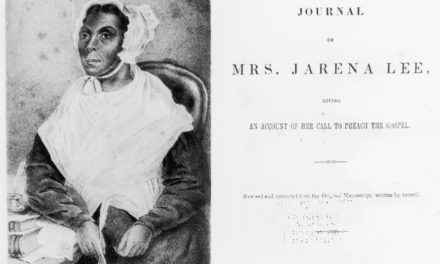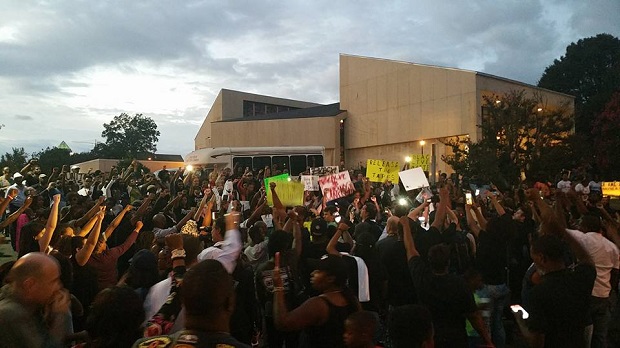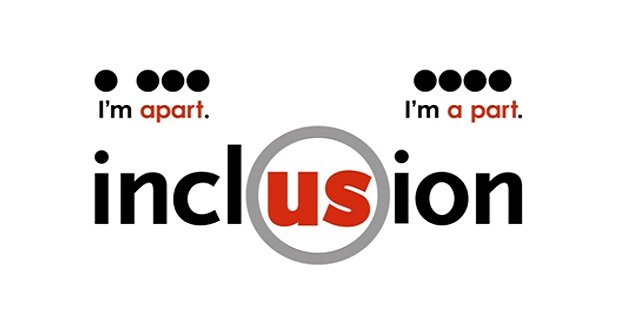
Last week, my colleague Christina Wang contributed to our series by challenging the human resources profession to evolve its paradigm from one centered on rules and policy enforcement to a reimagined profession grounded in advocacy, justice, and dismantling barriers that impact those most marginalized within our workforces. Christina’s post got me reflecting on what it would mean to reimagine the role of the Chief Diversity Officer, commonly referred to as the CDO.
We explored this topic during our most recent public virtual learning lab, “BEYOND INCLUSION: A Direct Call to Chief Diversity Officers Striving Towards Racial Justice & Equity.” As part of the lab, we examined how the CDO role has evolved over time and discussed the urgency of a new “toolkit” as leaders and practitioners respond to this current movement in time.
The Evolution of the CDO
Diversity work has roots in compliance (e.g. Affirmative Action, EEO). Today, many organizations and CDOs still operate from that lens. Within this paradigm, there is often an emphasis on diversity as a “numbers game” or “check the box” exercise to “stay out of trouble” and mitigate legal risk. This work is important and ever relevant… and, in isolation, will not yield racial equity and justice.
Likewise, many CDOs focus on the programmatic elements, which typically involve prioritizing and investing in episodic programs and “initiatives” that focus on engaging employee resource groups, striving for recognition on “diversity lists,” or expanding community outreach. This work is also important… and in a silo can be interpreted as “PR,” or as simply performative. Performative suggests a focus on optics versus sustainable impact.
Finally, many CDOs are still limited to human-capital functions, where strategy is focused solely on recruitment, (maybe) retention, training, and similar areas. Certainly, one’s capacity to engage and be effective within this sphere of the business is critical… and, a CDO role that is limited to the human resources function can also be stifling or, worse yet, counter to the very goals of equity work—particularly if the organization’s approach to HR prioritizes profit and policy enforcement over people.
More recently, I have been tracking some of the current job descriptions for Chief Diversity Officers and similar roles. My anecdotal observations include qualifications and competencies emphasizing: “business acumen,” “building relationships,” “managing conflict,” “ability to influence,” “data analysis,” “change management,” “strong communication skills,” and, in most cases, “10 or more years of experience”—most of which I can understand as being relevant, particularly if the organization’s orientation toward the CDO role is primarily focused on one of the aforementioned areas (compliance, programmatic, and human capital).
Inasmuch as these competencies are important, I would suggest there are some gaps worth amplifying as we evolve in our practice of this work and our subsequent understanding of the Chief Diversity Officer role.
1.) Valuing Lived Experiences
I believe there is inherent value, wisdom, and power in our lived experiences. However, more often than not, “experience” is typically limited to, and quantified by, years. Our culture tends to place more value in how long one has been working versus the quality or depth of one’s experience working—or living. This is not by happenstance. One of the ways in which white supremacy shows up in our dominant cultural norms is through an emphasis on quantity over quality. “If it isn’t quantifiable—it isn’t real, valid, worthy, experienced.”
I believe reimagining the role of the CDO means moving beyond the number of “years of experience” to honoring and valuing “lived experiences.” Qualifications that overvalue years of experience and undervalue lived experiences can perpetuate many of the barriers that this work seeks to address, limiting candidate pools to those who have been privileged with access and exposure, and further marginalizing those who have not. Our stories have the power to facilitate transformation and even influence the passion we bring to this work. While it certainly is not the only qualification, our lived experiences matter.
Reimagining the role of the CDO means moving beyond the number of 'years of experience' to honoring and valuing 'lived experiences.' Click To Tweet2.) Understanding Anti-Blackness and Systems of Oppression
From my perspective, one of the biggest pitfalls of “mainstream” or corporate diversity and inclusion work has been the de-emphasis on race. Up until recently, race has been diversity work’s “four-letter word.” In my experience, this work has applied and normalized “colorblind,” one-size-fits-all, “all diversity matters” ideologies as best practice. Concepts like “diversity of thought,” “inclusion,” and even “belonging,” have emerged to make this work more palatable—more specifically to the benefit of white folks. There has not been equal attention to the role of power, historical context, equity, and access. Rather than naming and disrupting the ways in which whiteness undermines diversity work, many efforts have been centered on how to manage Blackness. This shows up in organizational cues and norms that prioritize the comfort of white leaders over strategies that would address racial justice; training and development programs that disregard Black employees’ inherent cultural add, and emphasize assimilation or ‘fit;’ and deficit mindsets that shift focus from organizational and leadership accountability to issues with “the pipeline.”
Reimagining the CDO role will require an emphasis on and understanding of not only race and racism, but more specifically the ways in which anti-Blackness continues to manifest as the cultural and organizational norm. A Chief Diversity Officer must understand the ways in which systems of oppression intersect to create unique experiences for groups within and beyond the organization. They must also understand their role in being complicit within, and their power to disrupt, these systems.
Reimagining the CDO role will require an emphasis on and understanding of the ways in which anti-Blackness continues to manifest as the cultural and organizational norm. Click To Tweet3.) Disrupting the Status Quo
This movement calls for the CDO to embody the role of an active disruptor—perhaps we call it the Chief Disruptive Officer. A focus on justice is inherently disruptive, as it requires dismantling and correcting systems that have traditionally been exclusionary and harmful. Additionally, reimagining the CDO role means moving beyond “managing conflict and resistance” to “anticipating conflict and resistance.” The latter more readily welcomes conflict, and requires inoculating oneself and the organization against it, rather than institutionalizing measures that actively avoid it.
This movement calls for the CDO to embody the role of an active disruptor—perhaps we call it the Chief Disruptive Officer. Click To TweetI think about some of the more recent examples of employee resistance or “disruption” that have been amplified in the media; for example, the Black employees at Adidas who called out the organization for its own role in perpetuating racism, and who outlined specific demands for leadership to address. From my perspective, this and similar modes of collective action present optimal conditions for the CDOs of today to leverage the power in the collective. Rather than “police” or manage and avoid the resistance, CDOs should see themselves as part, or even champions, of the resistance.
Rather than 'police' or manage and avoid the resistance, CDOs should see themselves as part, or even champions, of the resistance. Click To TweetMoving beyond the rhetoric and centering justice in our work means reimagining who we deem as qualified for doing this very important work. The Chief Disruptive Officer of today will require an evolved toolkit—a toolkit that honors and values lived experiences, is critical of the ways in which anti-Blackness has been persistent in this work, and leverages one’s role as an active disruptor.
The Chief Disruptive Officer of today will require an evolved toolkit—a toolkit that honors and values lived experiences, is critical of the ways in which anti-Blackness has been persistent in this work, and leverages one’s role as… Click To Tweet


















